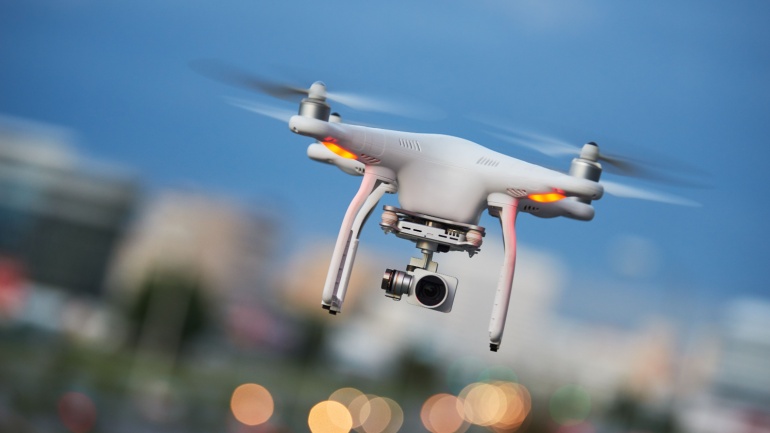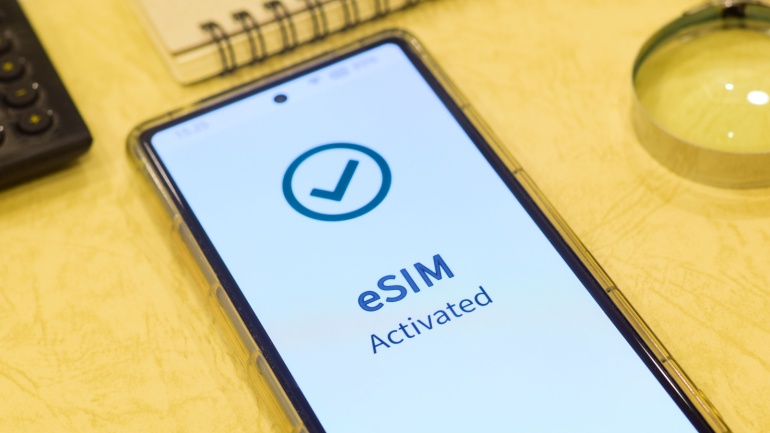The Swansea Bay City Deal awarded VMO2 a contract to upgrade fibre infrastructure. The global smartphone market is expected to grow, driven by Android sales in China and emerging markets. Patton acquired Raymar Information Technology to continue supporting crucial legacy industrial technologies. EE has released age-specific smartphone usage guidelines.
Germany is investing €5 billion in a new semiconductor manufacturing facility in Dresden through the European Semiconductor Manufacturing Company (ESMC) initiative. The facility will leverage advanced technologies like FinFET and aims to reduce Europe’s dependence on U.S. and Chinese semiconductor imports. This strategic move promises to enhance Germany’s role in the global semiconductor industry.
In today’s fast-paced digital world, businesses must adapt to mobile-first communication platforms to stay competitive. These platforms enhance flexibility, collaboration, and employee engagement by prioritizing mobile device usability, offering tools like instant messaging and video conferencing. With benefits like cost savings, improved customer service, and scalability, mobile-first platforms are essential for modern business success.
Qualcomm has launched the Snapdragon 4s Gen 2, an affordable 5G chipset designed to boost its market presence. Featuring a Gigabit-capable modem but fewer high-end features, it’s aimed at budget-friendly 5G smartphones. Qualcomm’s new chip targets a growing market of cost-conscious consumers, with Xiaomi set to release the first device using the new platform.
AST SpaceMobile is gearing up for a significant milestone with the upcoming launch of its first commercial satellites. Set for early August, the five new Bluebird satellites will enhance the company’s ability to offer non-continuous commercial VoIP services. Once deployed in low Earth orbit, these satellites will revolutionize remote mobile coverage via direct-to-device communications.
Remote work and digital nomadism are booming, and VoIP keeps globetrotting professionals connected. This article explores how VoIP offers cost-effective, flexible calling and a variety of features like video conferencing and instant messaging. Popular tools like Zoom, Skype, and WhatsApp are explored, highlighting their strengths for travellers and remote workers. The article concludes by emphasizing how VoIP empowers seamless communication and collaboration from anywhere in the world.
By 2030, nine billion cellular and IoT devices will feature eSIM and iSIM technology, revolutionizing the VoIP industry. With a projected 22% annual growth rate, these technologies promise enhanced versatility for smartphones, connected cars, and industrial sensors.
Vodafone Germany has introduced DroNet Hub, a new online platform designed to assist businesses in managing their drone operations. This launch coincides with the fifth anniversary of the telecom giant’s adoption of 5G technology.
Our digital age thrives on devices, but discards them at an alarming rate. This “telecom waste” – phones, laptops, routers – raises ethical concerns beyond just pollution. This article explores the environmental and social issues linked to telecom waste, and proposes solutions for a more sustainable future.
Telecom operators are increasingly embracing eSIM technology, which is expected to be featured in over half of all smartphones sold globally within the next five years, according to new research from CCS Insight. The analyst firm projects that by 2028, 56% of smartphones will support embedded SIMs, a significant rise from 27% last year.












